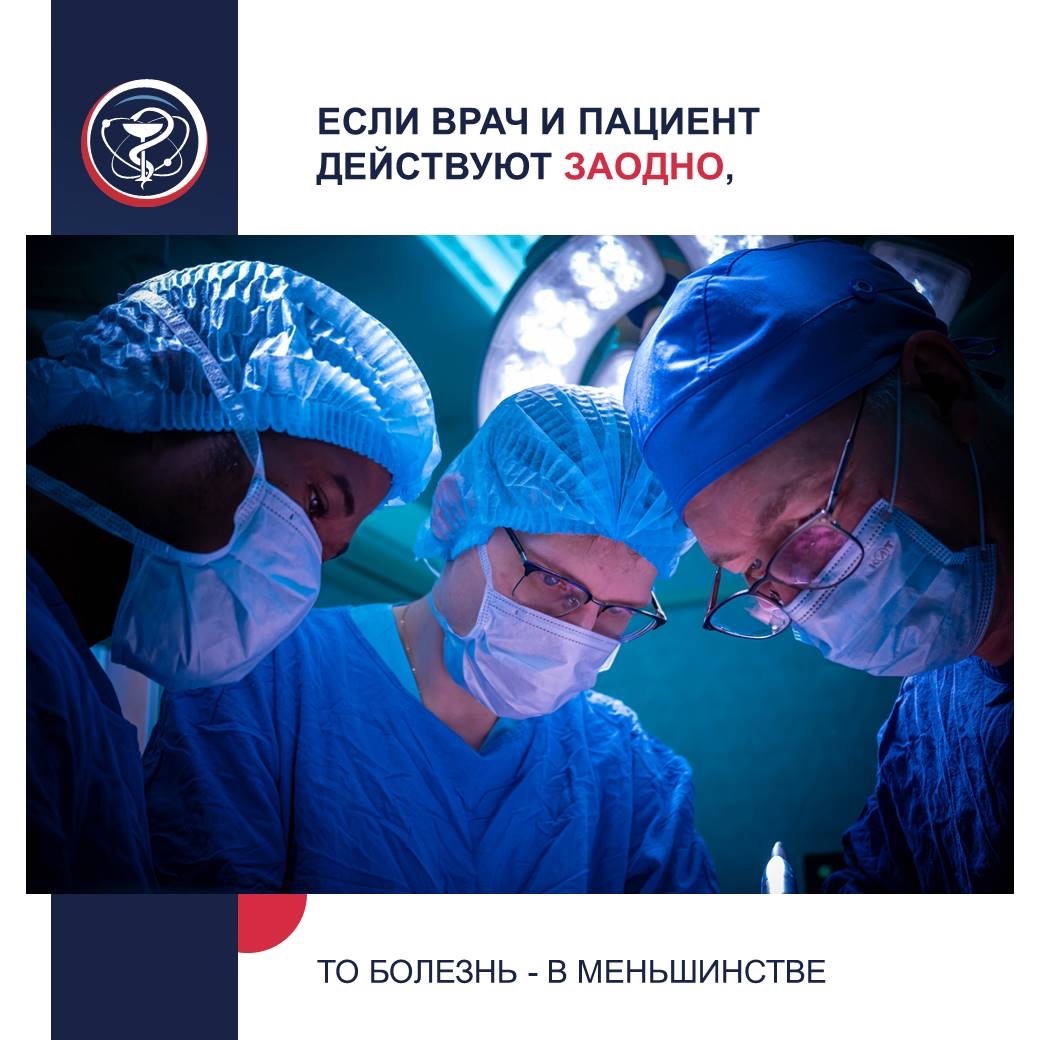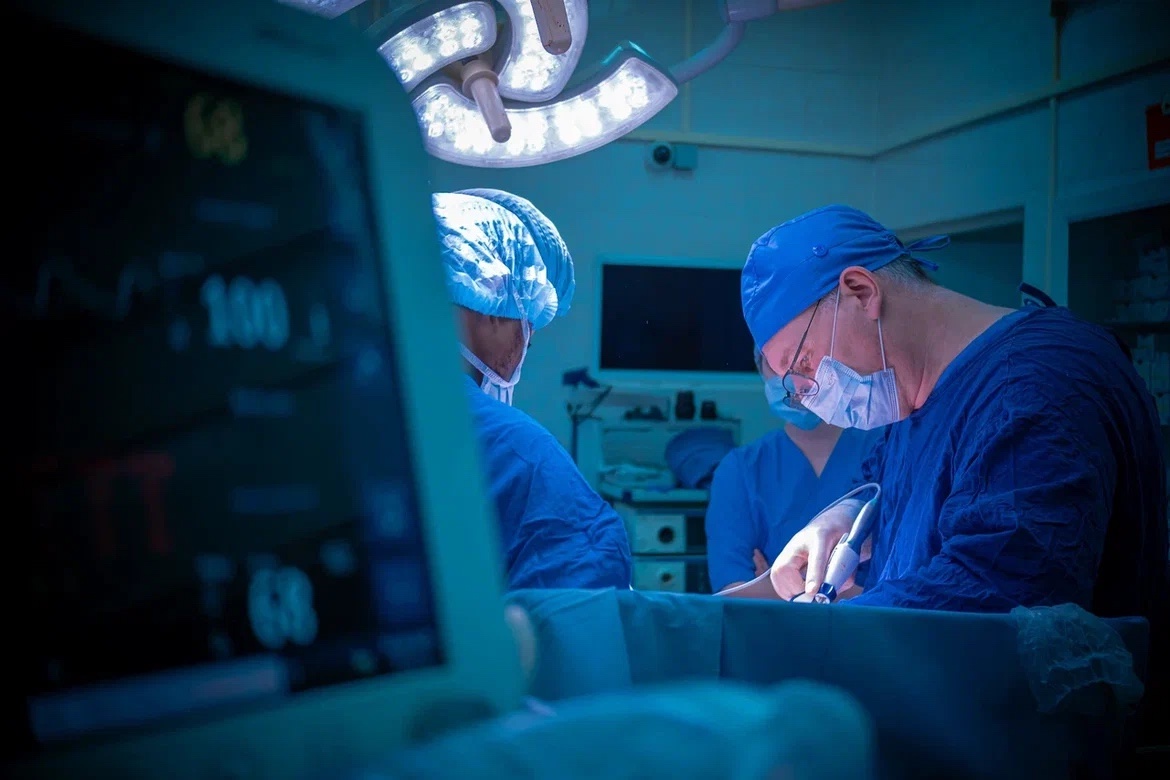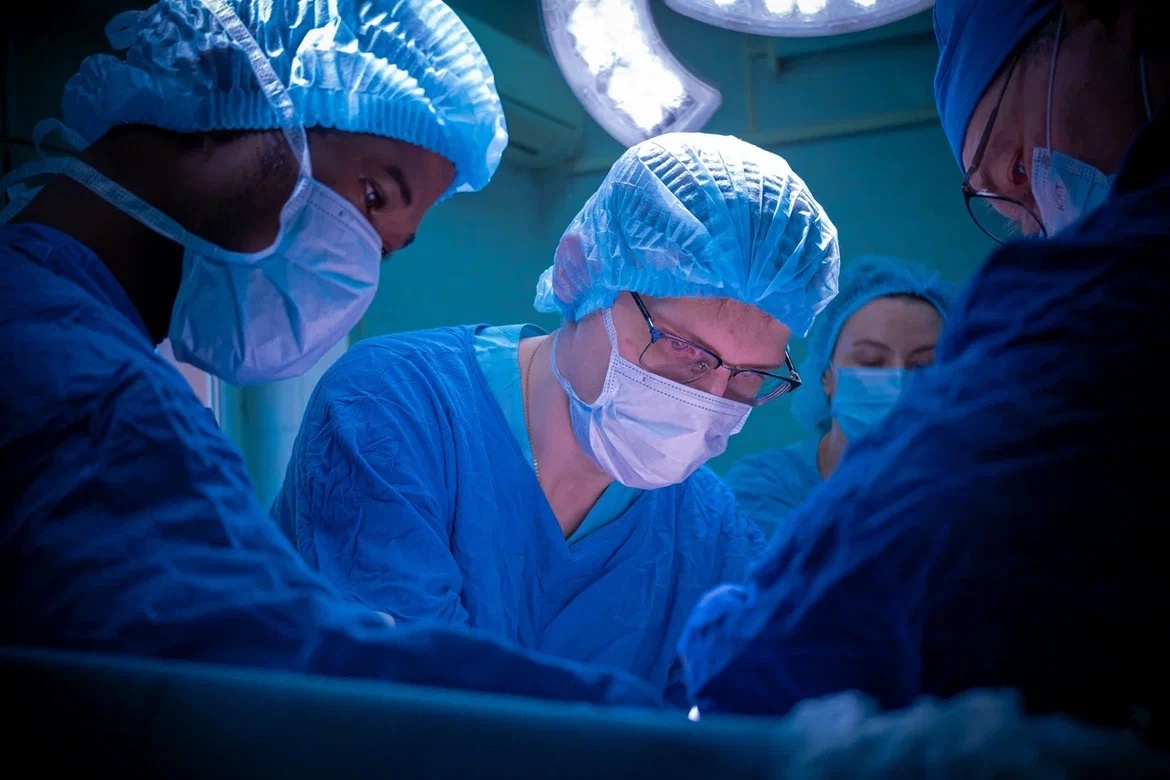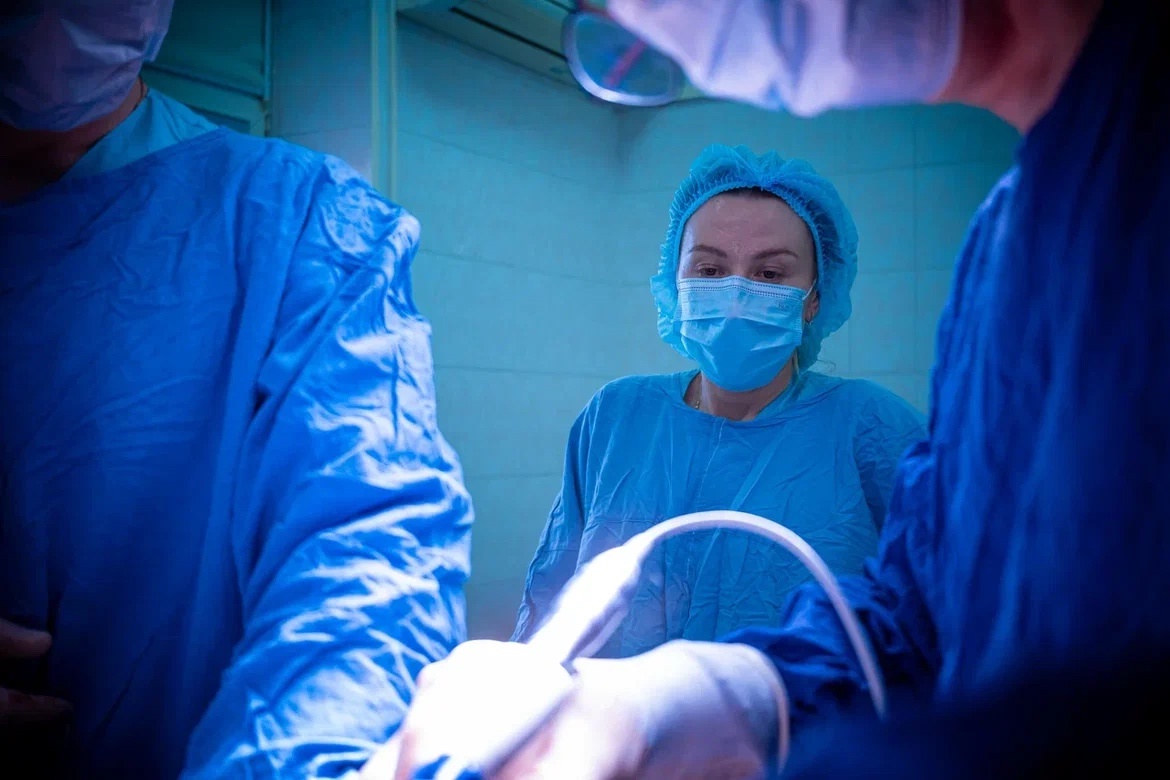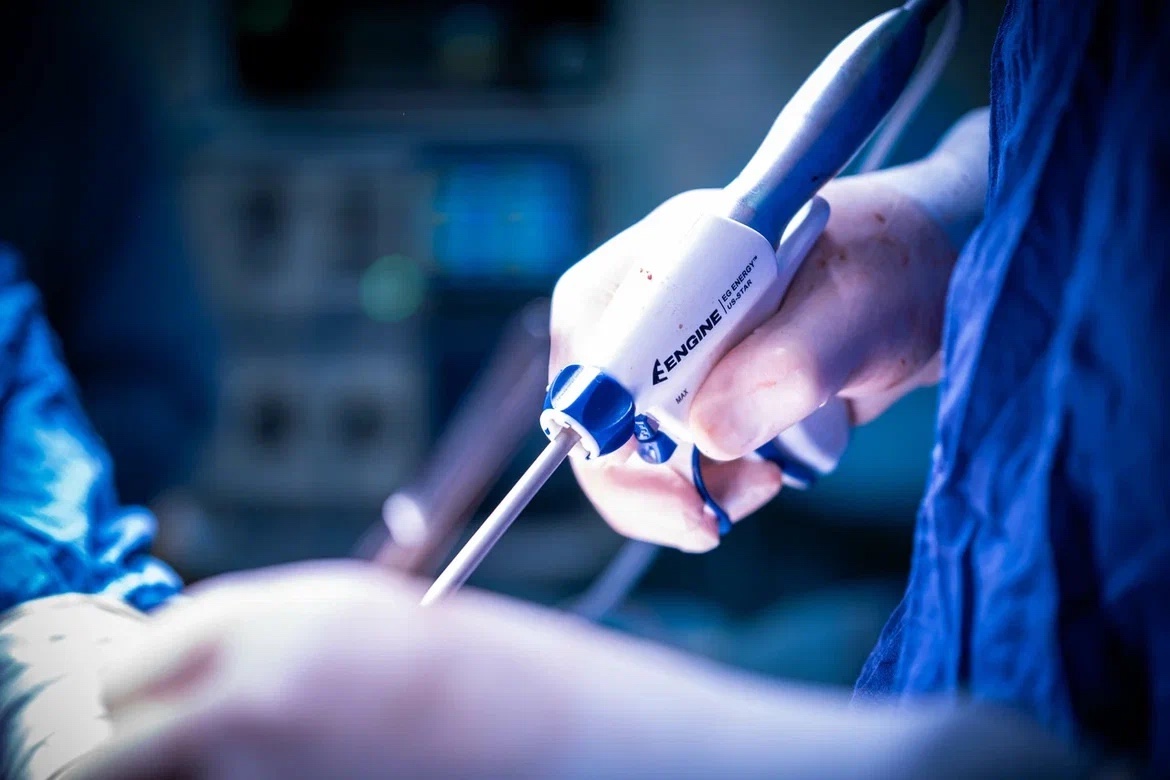IF THE DOCTOR AND THE PATIENT ACT UNIFIED, THE DISEASE IS IN LESS
Exactly one year ago, Elena Vasilyevna developed shortness of breath. However, the Moscow Region resident did not pay much attention to it. A month later, when drawing up a sanatorium-resort card, the doctors noticed a low hemoglobin level and ordered a stool test for hidden blood. The result was positive. A histologic study clarified the diagnosis – adenocarcinoma of the colon of low-grade malignancy (low-grade). Magnetic resonance imaging revealed metastases in the liver.
“Alas, this disease, despite its low-grade malignancy, develops rapidly. In the professional environment, its metastatic foci in the liver are figuratively called “Dutch cheese” – because of the characteristic picture of multiple lesions – says the attending physician of Elena Vasilievna, Candidate of Medical Sciences – Ruslan Moshurov. – The tumor spreads quickly, involving nearby lymph nodes and, as in the case of our patient, neighboring organs. That’s why Elena Vasilievna sought specialized help at P. Hertsen Moscow Oncology Research Institute (MORI) – branch of the National Medical Research Radiological Centre (NMRRC) of the Ministry of Health of the Russian Federation.
After weighing all the clinical data, the oncologic consulium recommended starting with neoadjuvant therapy – several courses of drug treatment before surgery. The aim was to reduce the volume of the upcoming surgery. After chemotherapy had a positive effect, the specialists of the abdominal oncosurgery department under the direction of Dr. Vladimir Trifanov performed a combined operation: they removed the affected part of the colon together with the adjacent driving and diverting sections, as well as regional lymph nodes.
In addition, atypical (marginal) liver resection was performed, an organ-preserving operation in which metastases are removed pointwise.
The operation was successful despite the presence of a whole complex of concomitant diseases typical for the elderly: arterial hypertension, diabetes mellitus, adhesions after previous gynecologic surgery, a pacemaker and gallstone disease.
Nevertheless, the achievements of modern medicine – especially in the field of surgery and anesthesiology – allow not only to qualitatively prepare the patient for the intervention, but also to safely perform several operations simultaneously. In this case, the specialists performed a complex intervention, taking into account all diagnosed pathologies.
After the necessary period of rehabilitation, the patient was discharged home. Of course, under active medical supervision. Regular health monitoring is the most important condition for successful recovery, and it requires responsibility not only on the part of doctors, but also on the part of patients themselves. Simply put – it is important to undergo examinations on time and trust the recommendations of specialists.
“I always say: when doctor and patient act as allies, the disease is in the minority. This means that the chances of victory are doubled,” says Andrey Kaprin, Director General of the National Medical Research Oncological Centre of the Russian Ministry of Health of the Russian federation, Academician of the Russian Academy of Sciences. – We sincerely count on such a partnership.


